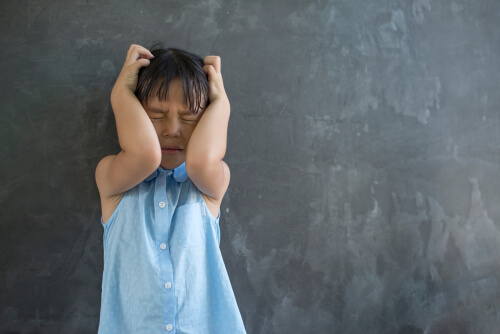
Is Dizziness common in children?
In one community-based study of children aged 1 to 15 years, 8% had experienced vertigo and in 23% of these, it was severe enough that it interfered with activity.
Symptoms of vertigo in children:
It is difficult for the young child to describe the symptoms of vertigo or dizziness.
Childhood vertigo results from a mismatch of information from the three different sensory systems:
- Vestibular,
- Visual
- Proprioceptive.
Vertigo, however, is much more difficult to recognize in babies and children than in adults
Examination of the dizzy child
Much of the pediatric vestibular examination can be carried out through observation of the child from the waiting area, moving into the consulting room.
The routine pediatric examination will include:
- Otoscopy.
- Facial nerve function,
- Tongue movements and the gag reflex should be checked.
- Eye movements
What are the investigations you can do for the dizzy child?
- Audiometry is mandatory. This should comprise a pure-tone audiogram or alternative threshold assessment, such as visual reinforcement audiometry if the child's age or development demands it.
- Objective testing with brainstem auditory-evoked responses may be indicated.
- Tympanometry should also be undertaken.
- Routine blood tests to exclude anaemia and another blood test
- Brain MRI or CT- SCAN etc
Topic: ENT




.jpg)
.jpg)


Leave a comment